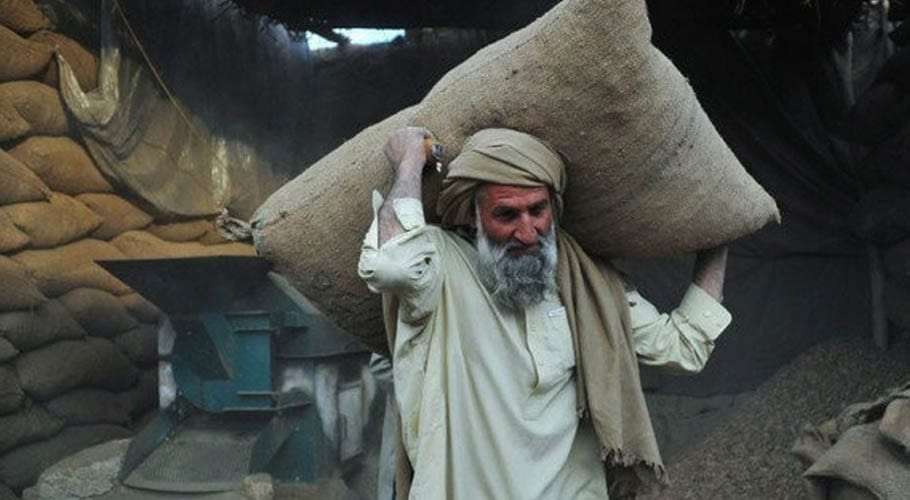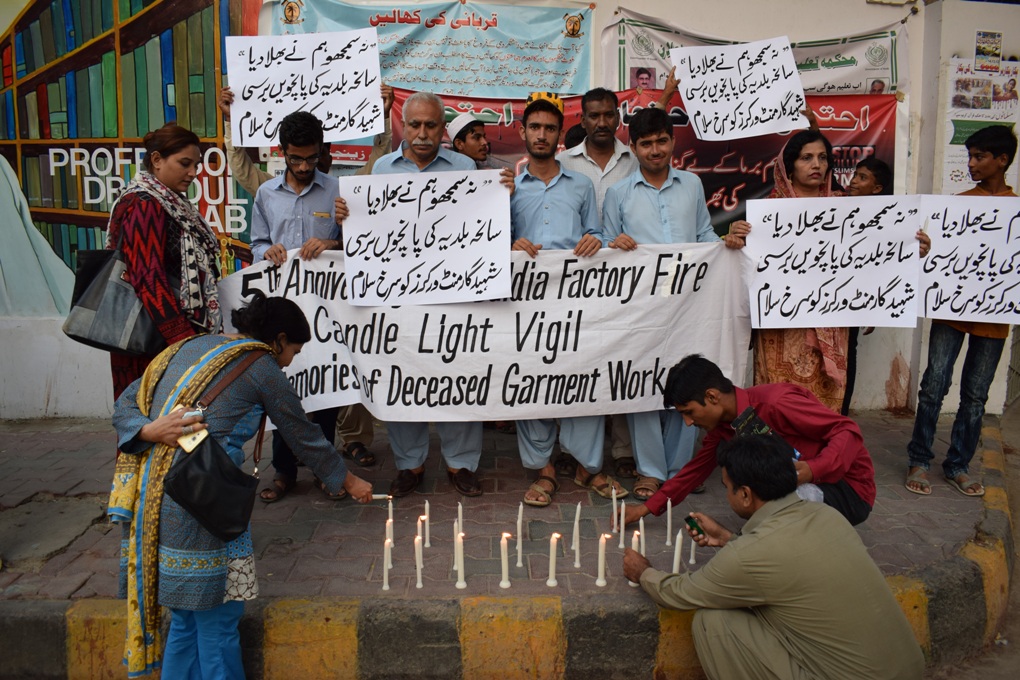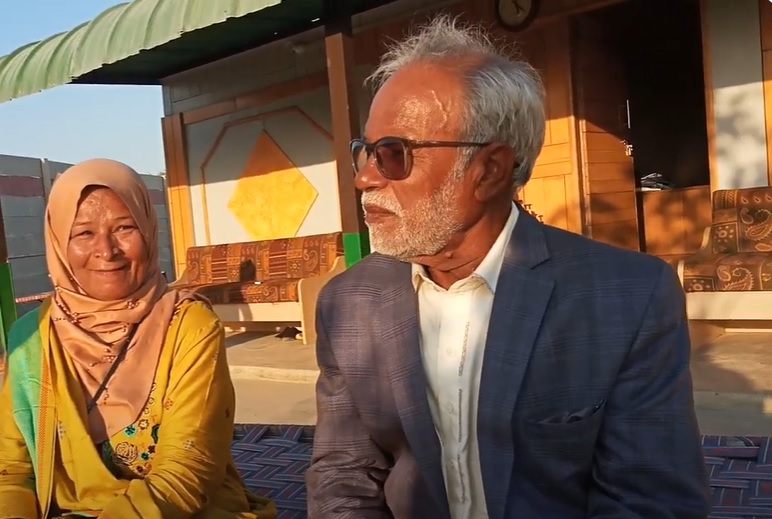Labour Day has a significance in the world. Labour laws in Pakistan have been a subject of much debate and discussion in recent years. The country has a long history of labour activism, dating back to the early 20th century. Founder of Pakistan Quaid-e-Azam Muhammad Ali Jinnah was once head of the Postal Union Staff in United India.
Pakistan inherited the famous India Trade Union Act of 1926, but brutal military rule under the Martial Law of General Ayub Khan scrapped that important law of trade unions. For a decade country did not have any trade unions law till 1969 when another military dictator Yahya Khan introduced the Industrial Relations Ordinance which encompass both registration of trade unions and settling industrial disputes. Previously there were separate laws for industrial disputes and trade unions.
Despite the fact labour laws exist in Pakistan, there is very little implementation of these laws. The implementation of labour laws has often been hampered by a number of factors, including corruption, lack of enforcement, resistance by employers and the prevalence of the informal economy.
In recent years, there have been some positive developments in the area of labour law reform. In 2010, the government of Pakistan passed the Labour Policy 2010, which aimed to improve the working conditions of workers and strengthen the enforcement of labour laws. The policy included several important provisions, such as the establishment of a minimum wage, the prohibition of child labour, and the guarantee of equal pay for equal work.
However, the implementation of the Labour Policy 2010 has been slow and patchy. Several challenges have hampered the implementation of the policy, including a lack of resources, a lack of political will, and resistance from employers. As a result, the working conditions of many workers in Pakistan remain poor.
Minimum wages
Despite the government’s efforts, many employers in Sindh continue to resist paying the minimum wage. This is a serious problem, as it means that many workers in Sindh are not being paid a fair wage for their work. They argue that the minimum wage is too high and that it will make it difficult for them to compete with businesses in other countries.
In 2021 the Sindh government took the lead to announce minimum wages for unskilled workers at Rs 25,000 per month. The employers challenged the decision, but the Sindh High Court rejected their plea. However, the powerful employers appealed to the Supreme Court, where they got relief and minimum wages reduced to Rs 19,500 as were in other provinces.
The apex court asked the provincial government to refix the amount in a tripartite consultation. Later in June 2022, the government re-notified the minimum wage at Rs 25,000.
Industrial Relations laws and trade unions

In 2018, the government of Pakistan passed the Industrial Relations Act 2018, which aimed to reform the country’s labour laws. The act introduced many new provisions, such as the right to collective bargaining, the right to strike, and the right to form trade unions. The act also created a new labour court system to adjudicate labour disputes.
The Industrial Relations Act 2018 has been welcomed by labour rights groups, who believe that it will help to improve the working conditions of workers and strengthen the enforcement of labour laws. However, the act has also been criticized by some employers, who believe that it will make it more difficult to do business in Pakistan.
It is still too early to say what the impact of the Industrial Relations Act 2018 will be. However, the act represents a significant step forward in the reform of labour laws in Pakistan. If the act is implemented effectively, it could help to improve the working conditions of millions of workers in the country.
Labour Day and Trade Union Movement

Trade unions in Pakistan are weaker and after the introduction of the contract system trade unions are wiped out from many industries and services establishments in both public and private sectors.
Employers are often reluctant to recognize unions and have used a variety of tactics to prevent unions from forming and operating. Workers are often unaware of their rights and are reluctant to join unions for fear of retaliation from their employers.
The weaker position of trade unions in Pakistan has many negative consequences. For example, it makes it difficult for workers to bargain for better wages and working conditions. It also makes it difficult for workers to protect their rights, such as the right to freedom of association and the right to strike.
The government and civil society need to raise awareness about labour rights among workers, employers, and the general public. This will help to create a more conducive environment for the enforcement of labour laws.
Conclusion
Labour Day has significance in the trade union movement. The working conditions of labourers in Pakistan are a matter of great importance. By taking steps to improve the legal framework, raise awareness about labour rights, and promote unionization, the government and civil society can help to ensure that all workers in Pakistan have access to decent work.





